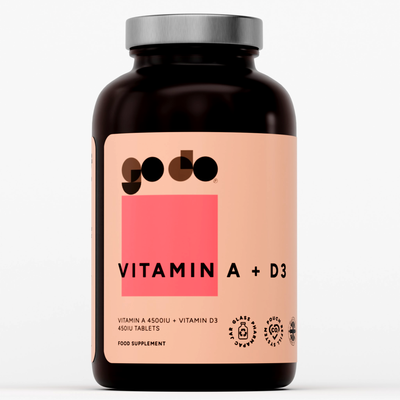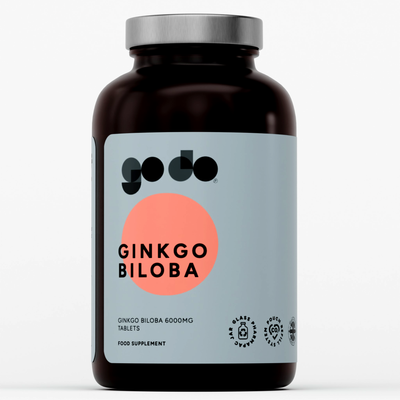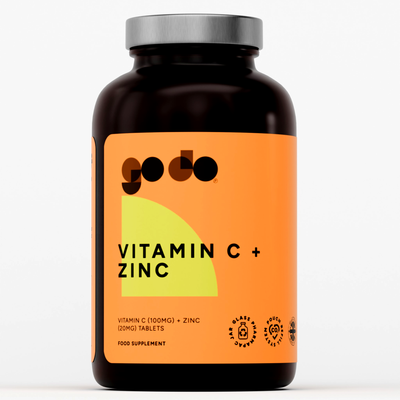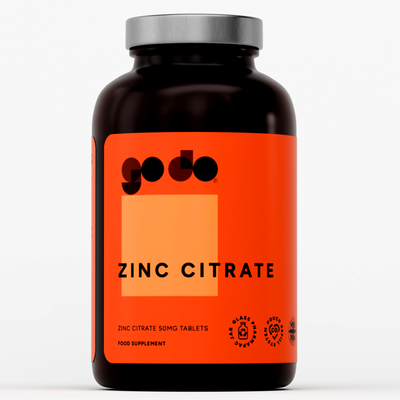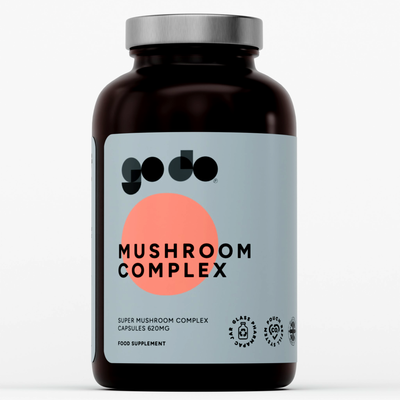Vitamin B12, also known as cobalamin, is a vital nutrient that plays a crucial role in various aspects of health. Your body relies on this vital vitamin for functions such as nerve cell support, red blood cell formation, and DNA synthesis. While naturally occurring in animal products, vitamin B12 can also be obtained through fortified foods, supplements, or injections.
Meeting the recommended dietary allowance (RDA) of 4 micrograms (mcg) for most adults is important, with higher requirements for pregnant or nursing individuals. Vitamin B12 offers a myriad of health benefits, from supporting red blood cell formation and preventing anemia to potentially enhancing bone health, reducing the risk of major birth issues, promoting eye health, improving mood and memory, and even supporting healthy hair, skin, and nails. Let's examine into the science-backed benefits of vitamin B12.

Vitamin B12 and Physical Health
Role in Red Blood Cell Formation
On top of the many roles that Vitamin B12 plays in the body, one of the most crucial is its contribution to red blood cell formation. Without an adequate amount of Vitamin B12, your body may struggle to produce red blood cells properly, leading to megaloblastic anemia. This condition can result in symptoms like fatigue and weakness due to a lack of oxygen transport to vital organs.
Impact on Bone Health and Osteoporosis Prevention
Any deficiency in Vitamin B12 levels can have a negative impact on bone health, potentially increasing the risk of osteoporosis. Research has indicated a potential association between low Vitamin B12 levels and poor bone health, leading to a higher risk of fractures. While more conclusive research is needed in this area, maintaining adequate levels of Vitamin B12 may be beneficial for supporting bone health and preventing osteoporosis.
Physical health is closely linked to the levels of Vitamin B12 in your body. Ensuring an adequate intake of this crucial vitamin can help support various aspects of your physical well-being, from red blood cell formation to bone health. It is crucial to maintain optimal levels of Vitamin B12 through a balanced diet, supplementation if necessary, and regular monitoring of your overall health.

Key Takeaways:
- Vitamin B12 plays a crucial role in red blood cell formation, helping prevent anemia and the associated symptoms like fatigue and weakness.
- Adequate levels of vitamin B12 are vital for a healthy pregnancy, reducing the risk of birth issues and complications such as neural tube defects.
- Maintaining optimal vitamin B12 levels may support bone health, potentially reducing the risk of osteoporosis, and also benefit eye health by lowering the risk of macular degeneration.
Vitamin B12 and Developmental Health
Importance During Pregnancy
The importance of Vitamin B12 during pregnancy cannot be overstated. Adequate levels of B12 are vital for a healthy pregnancy, as they play a crucial role in the development of the fetus. Ensuring sufficient B12 intake is imperative to support the growth and well-being of the baby.
Prevention of Birth Defects
Health professionals emphasize the significance of Vitamin B12 in preventing birth defects. Research has shown that maternal B12 deficiency can increase the risk of neural tube defects and other developmental abnormalities in newborns. Therefore, maintaining optimal B12 levels before and during pregnancy is critical to reduce the likelihood of such issues.
It is recommended that pregnant individuals, or those planning to conceive, ensure they are meeting their daily B12 requirements through a balanced diet and supplementation if needed. This proactive approach can significantly contribute to the healthy development of the baby and reduce the risk of birth defects.

Vitamin B12 and Vision and Mental Health
Reducing the Risk of Macular Degeneration
One way in which vitamin B12 may benefit your vision health is by reducing the risk of macular degeneration. Macular degeneration is a common eye disease that can lead to vision loss over time. Research suggests that a high intake of B vitamins, including vitamin B12, may be associated with a reduced risk of advanced age-related macular degeneration. While more studies are needed to fully understand the role of vitamin B12 in promoting vision health, incorporating foods rich in vitamin B12 into your diet may be beneficial for your eye health.
Improving Mood and Mental Function
Reducing the risk of depression and improving overall mood and mental function are additional benefits that vitamin B12 may offer. Studies have indicated that B vitamins, including vitamin B12, can help improve mood and reduce depressive symptoms, particularly in individuals at risk for mood disorders. While more research is needed to determine the exact effects of vitamin B12 on mood, ensuring adequate levels of this vitamin through a balanced diet or supplementation may support mental well-being.

Additional Health Benefits of Vitamin B12
Enhancing Energy Levels
One of the benefits of vitamin B12 is its role in enhancing energy levels. While B vitamins are necessary for energy production in the body, vitamin B12 deficiency can lead to fatigue and low energy levels. Research suggests that addressing a B12 deficiency through supplements or increased intake may help improve energy levels in individuals with low B12 levels. However, simply boosting B12 levels doesn't guarantee a sudden surge in energy, as energy production is a complex process involving various factors.
Supporting Healthy Skin, Hair, and Nails
Nails, hair, and skin health are closely linked to vitamin B12 levels in the body. Deficiencies or excess levels of vitamin B12 can impact the health and appearance of these external features. Adequate vitamin B12 levels support the growth and maintenance of healthy skin, hair, and nails. Incorporating vitamin B12 through a balanced diet or supplements can contribute to overall skin, hair, and nail wellness.
Conclusion
Considering all points discussed, vitamin B12 plays a crucial role in various aspects of health, supporting your eyes, bones, skin, and mind. Adequate levels of vitamin B12 are vital for red blood cell formation, preventing anemia and birth issues, supporting bone health, reducing the risk of macular degeneration, improving mood and symptoms of depression, enhancing brain function and memory, and impacting energy levels. While more research is needed in some areas, it is clear that vitamin B12 is a vital nutrient with far-reaching benefits for overall health and well-being.
FAQ
Q: What role does Vitamin B12 play in the body?
A: Vitamin B12, also known as cobalamin, plays a vital role in various aspects of health. It supports nerve cell function, red blood cell formation, and DNA synthesis, among other functions.
Q: What are the recommended dietary allowances (RDA) for Vitamin B12?
A: For most adults, the recommended dietary allowance (RDA) for Vitamin B12 is 4 micrograms (mcg). However, the RDA may be higher for individuals who are pregnant or nursing.
Q: What are some health benefits of Vitamin B12?
A: Vitamin B12 may benefit the body in different ways, such as helping with red blood cell formation to prevent anemia, supporting bone health to prevent osteoporosis, reducing the risk of birth issues during pregnancy, improving mood and symptoms of depression, benefiting brain health and memory, and supporting healthy hair, skin, and nails. It may also have a potential role in reducing the risk of macular degeneration.



